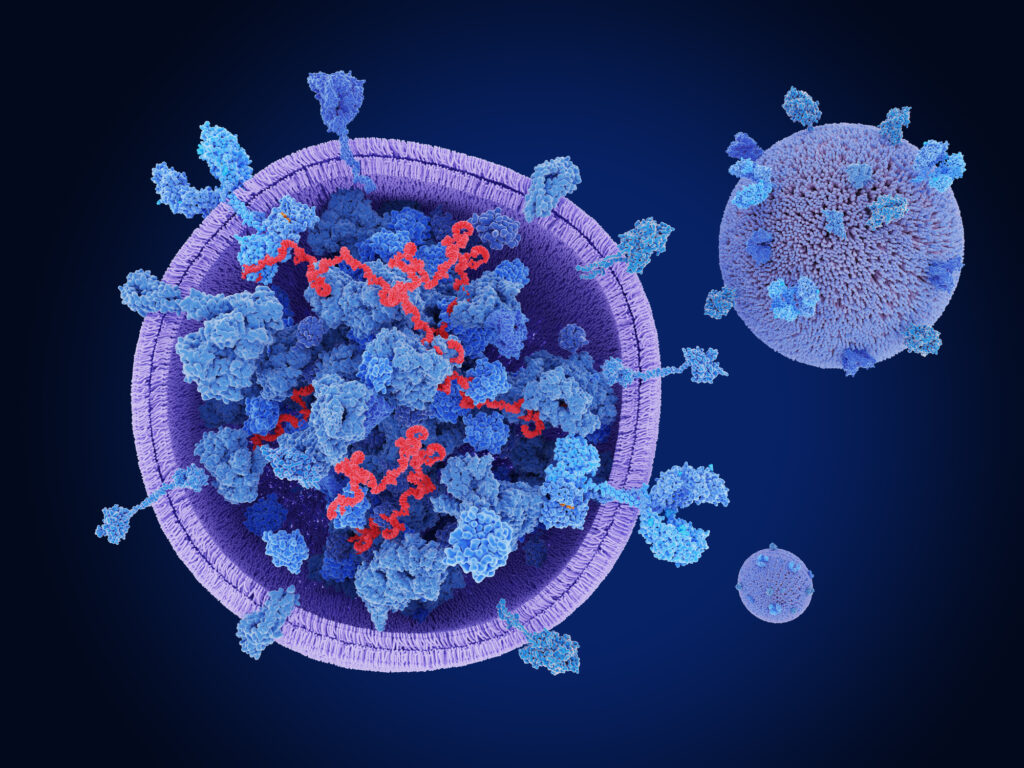Liver fibrosis is a progressive condition characterized by the excessive accumulation of extracellular matrix proteins, resulting from chronic liver injury. Common causes of this condition include viral hepatitis, autoimmune hepatitis, non-alcoholic steatohepatitis, fatty liver disease, and cholestatic liver disease. While liver transplantation remains the gold standard for managing severe liver diseases, it faces significant challenges, including a shortage of donor organs and the requirement for lifelong immunosuppressive medication.
In recent years, research has shifted towards exploring the potential of mesenchymal stem cells (MSCs) as an alternative therapy for liver-related ailments. MSCs possess remarkable differentiation and proliferation capabilities, allowing them to transform into various liver cell types and improve liver function when transplanted into patients. This makes them a promising candidate for treating conditions like liver cirrhosis, liver failure, and complications arising from liver transplants. However, concerns over the potential tumorigenic effects of MSCs have prompted researchers to investigate safer alternatives.
One such alternative is the use of extracellular vesicles, specifically exosomes secreted by stem cells. Exosomes are small membrane-bound vesicles that play a crucial role in intercellular communication and can transfer bioactive molecules between cells. Numerous studies have demonstrated that exosomes derived from stem cells can facilitate the repair of liver injuries through various biological pathways, making them a potential therapeutic tool for treating liver fibrosis.
This review focuses on the intricate molecular mechanisms by which stem cell-derived exosomes influence liver fibrosis. It highlights the different pathways involved and identifies potential therapeutic targets for intervention. Furthermore, the advantages of exosome therapy over traditional stem cell therapy are examined, shedding light on the prospects for clinical applications. The review also addresses the challenges that lie ahead in the field of exosome research, which must be navigated to fully realize their potential in liver disease treatment.
The authors of this insightful review include Lihua Li, Yongjie Liu, Kunpeng Wang, Jinggang Mo, Zhiyong Weng, Hao Jiang, and Chong Jin, all affiliated with Taizhou Central Hospital and Taizhou University in Zhejiang Province, China. Their collective expertise underscores the importance of advancing our understanding of liver fibrosis and exploring innovative therapeutic approaches that could significantly impact patient care in the future.


